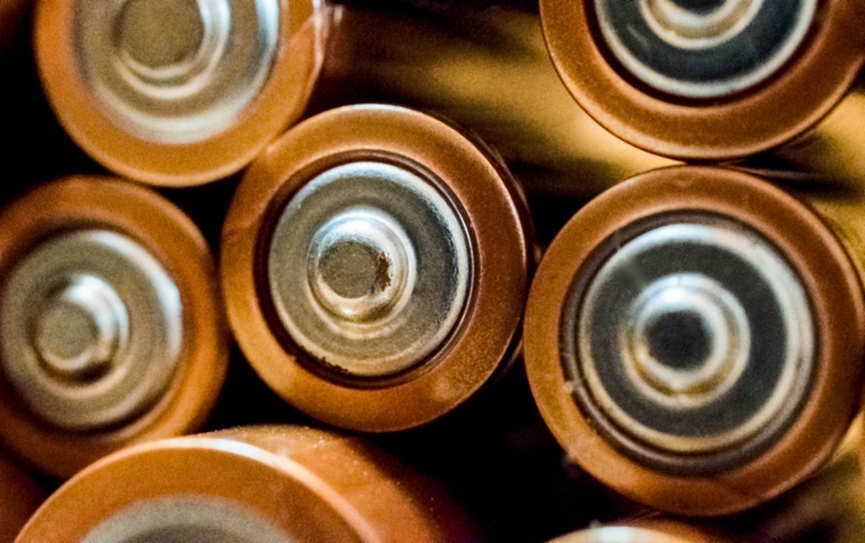Sustainability - engineering a sustainable future

At San Digital, we believe the work we do today should positively impact the environment and not compromise the ability of future generations. It seems obvious, but large organisations continue to think sustainability is a box-ticking exercise and an inconvenience.
We’re a small (but growing) software engineering company that likes to do things a little differently, from engineer-led teams to defined outcome projects. However, we’d like to work with our customers, partners, and competitors to share ideas and make the world a better place when it comes to sustainability.
The resources we have at our disposal are nothing compared to the large consultancies, but that’s not stopping us from doing our bit, so I’d like to broadcast some of the small things we’re doing and looking to trial.

When bidding for, planning, or initiating a project, why don’t companies define sustainability KPIs (Key Performance Indicators) for the delivery process and the end outcome/product? Probably because it’s hard, takes lots of time and eats into profit? Wrong. We have defined some simple sustainability measures we’re currently trialling and have not seen project durations increase, and in all honesty, we’re potentially more likely to win the work (TBC).
These are our three (work in progress) sustainability measures to sit alongside common sense:
Having been involved in many GDS projects, I’m surprised there is still no mention of sustainability in their technology code of practice, which will help set the benchmark for public services. However, I’m sure it’s coming, and if it’s as successful as other standards is likely to transfer to some private sector projects and gain wider adoption.

Starting San Digital during the pandemic did have some benefits. We were able to design an officeless business with the right tools and processes from day one and adapt quickly to improve constantly. Sales meetings, workshops, and interviews are efficient and effective conducted remotely. Video conference beers are probably the main disappointment, but I have run virtual/remote whisky and wine tasting nights to some success.
We adopt a common-sense approach to travel; I’m not someone who enjoys or wants to waste time driving up and down motorways with a couple of shirts hung in the back.
When I need to travel, I batch meetings in the same city and plan the content to maximise the time and cover tasks better suited to in-person.
Spending a few days in an Airbnb next to a customer is a great way to bond as a team. It allows us to smash a project and, more importantly, socialise as a team, not in front of a screen.

Our last three projects have centred around electric vehicles and smart energy (mobile apps, cloud platform and technical strategy), which is a natural follow on from my experience and passion for IoT (Internet of Things).
These types of projects have an additional emphasis on sustainability and raise further questions such as:
I suspect I will be posting more on this topic as our processes mature; get in touch if you’d like more info.

In the meantime, stop mining carbon-intensive cryptocurrencies; I no longer own any. Musk is promoting dogecoin to accelerate the Mars move ;)
Let’s do something great